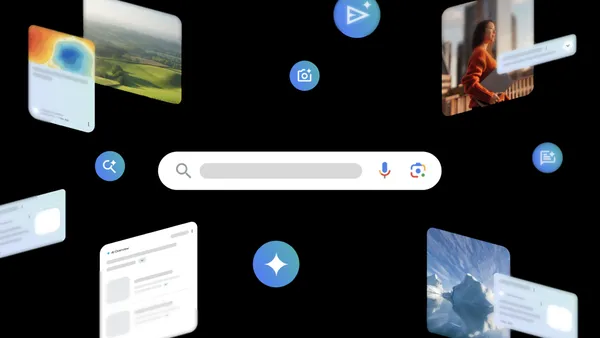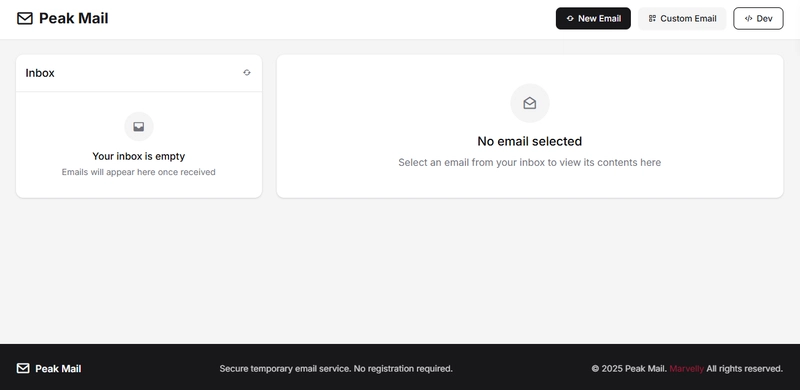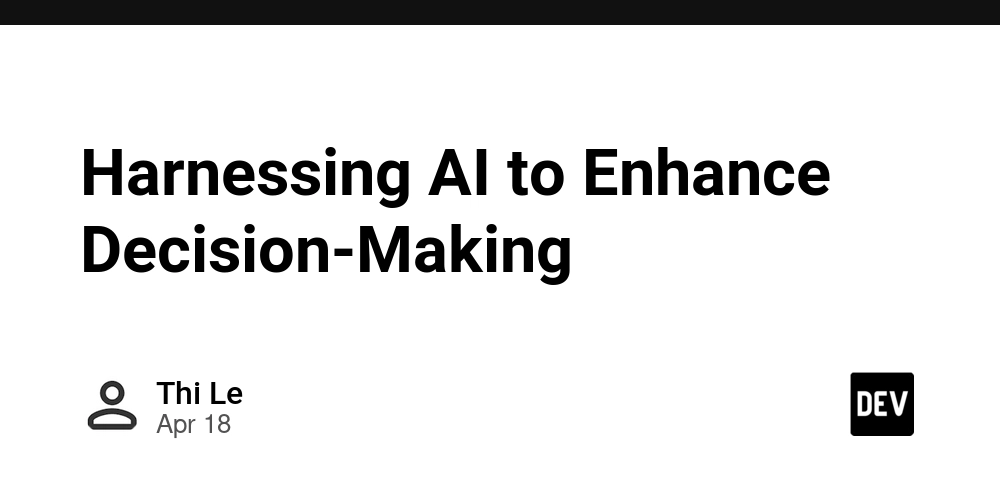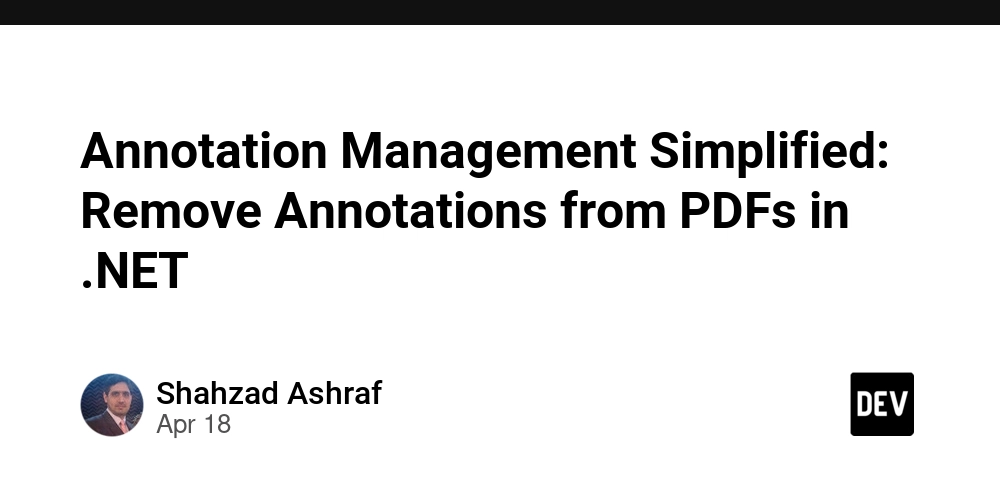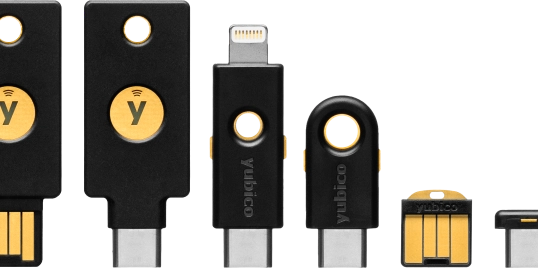Why Every Enterprise Will Need an AI Agent Partner by 2026
Introduction Artificial Intelligence (AI) is no longer just a futuristic concept — it’s becoming the backbone of modern enterprise strategy. From automating customer service to accelerating product development, AI has proven its transformative power. But we’re on the verge of something even more revolutionary: the rise of AI agents development companies. These aren’t just passive systems that answer questions or analyze data. AI agents are autonomous, tool-using digital workers that can plan, execute, and adapt tasks — much like a human assistant. They can book meetings, write code, fetch data, interact with other systems, and even make business decisions within set parameters. And they don’t sleep, take vacations, or need onboarding. By 2026, AI agents won’t be an optional upgrade. They’ll be an essential partner in every modern enterprise. This article explains why this shift is happening, what AI agents are capable of, and how companies can prepare to integrate them into their operations. What Are AI Agents? At their core, AI agents are autonomous software programs powered by large language models (LLMs), decision-making algorithms, and integrated tools. Unlike traditional AI applications that simply respond to prompts or commands, AI agents: Understand complex tasks Break those tasks into actionable steps Use tools (APIs, apps, databases) Learn and adapt over time Execute workflows without constant human supervision An AI agent might plan a product launch campaign, schedule stakeholder meetings, write social media content, analyze feedback, and suggest improvements all within one system. This evolution represents a leap from AI as a tool to AI as a teammate. Why 2026 Is the Tipping Point So why is 2026 shaping up to be the year enterprises will need an AI agent partner? Explosion of LLM-Powered Infrastructure By 2026, LLMs like GPT-5, Claude Next, and other open-source counterparts will have evolved with significantly better reasoning, memory, and interaction capabilities. More importantly, the infrastructure to integrate them with tools (APIs, databases, software platforms) will be widespread and enterprise-ready. We’re already seeing this today with platforms like: LangChain and AutoGPT for custom agents OpenAI’s function calling and tools API Microsoft Copilot and Google Gemini as embedded AI in productivity suites By 2026, these will be more robust, secure, and tailored for every business vertical from retail and manufacturing to finance and law. Shift Toward Autonomous Workflows Companies are drowning in repetitive, multi-step tasks: compiling reports, responding to emails, processing forms, onboarding employees. These tasks take time and human labor, and they’re often error-prone. AI agents can automate entire workflows, not just one-off tasks. Imagine a marketing agent that: Analyzes campaign data Identifies underperforming segments Writes updated ad copy Schedules a new campaign Notifies the team via Slack This end-to-end execution is already possible in pilots and will be standard by 2026. Labor Market Pressure and Cost Optimization As talent shortages grow in industries like IT, healthcare, and logistics, AI agents offer a scalable solution. Instead of hiring an additional analyst or admin, companies can deploy an agent that operates 24/7, scales instantly, and works across departments. AI agents don’t replace entire jobs, they replace the tedious parts, freeing up employees for strategic and creative work. This hybrid model improves productivity and reduces operational costs. Customer Expectations Are Evolving By 2026, customers won’t tolerate long wait times, clunky support, or unpersonalized interactions. AI agents will power real-time, 24/7 engagement across channels: AI-powered support agents that resolve issues instantly Sales agents that suggest products and follow up Onboarding agents that guide customers through setup Companies that adopt agent-powered experiences will win loyalty. Those that don’t will fall behind. What Can an AI Agent Partner Actually Do? AI agents are becoming the digital equivalents of high-performing employees. Here’s what they’ll be able to handle across enterprise functions: Operations and Admin Automate internal reporting Track KPIs and generate dashboards Handle document workflows and approvals Manage vendor communications Sales and Marketing Write content, emails, and product copy Optimize ad campaigns based on performance Schedule follow-ups and CRM updates Analyze competitor activity and trends Finance and Accounting Reconcile transactions Prepare financial summaries Detect anomalies in spending Forecast budgets and cash flow HR and Recruiting Screen resumes and schedule interviews Handle employee onboarding Respond to common HR queries Monitor employee engagement trends Customer Support Answer FAQs and troubleshoot issues Escalate complex cases with full context Personalize responses using past
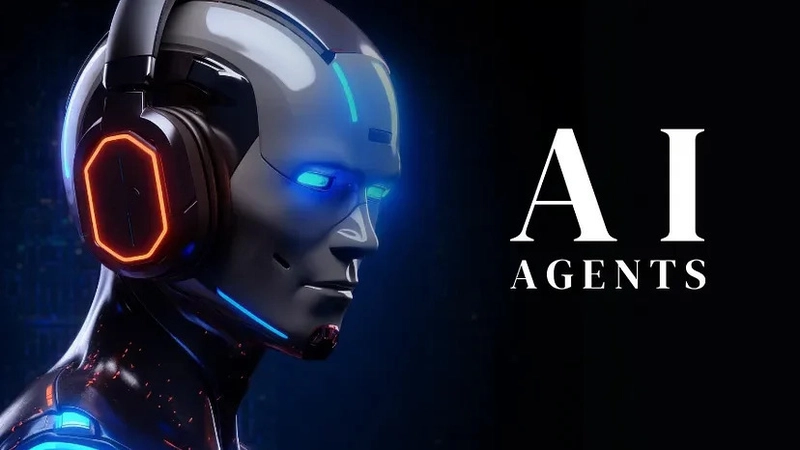
Introduction
Artificial Intelligence (AI) is no longer just a futuristic concept — it’s becoming the backbone of modern enterprise strategy. From automating customer service to accelerating product development, AI has proven its transformative power. But we’re on the verge of something even more revolutionary: the rise of AI agents development companies.
These aren’t just passive systems that answer questions or analyze data. AI agents are autonomous, tool-using digital workers that can plan, execute, and adapt tasks — much like a human assistant. They can book meetings, write code, fetch data, interact with other systems, and even make business decisions within set parameters. And they don’t sleep, take vacations, or need onboarding.
By 2026, AI agents won’t be an optional upgrade. They’ll be an essential partner in every modern enterprise. This article explains why this shift is happening, what AI agents are capable of, and how companies can prepare to integrate them into their operations.
What Are AI Agents?
At their core, AI agents are autonomous software programs powered by large language models (LLMs), decision-making algorithms, and integrated tools. Unlike traditional AI applications that simply respond to prompts or commands, AI agents:
Understand complex tasks
Break those tasks into actionable steps
Use tools (APIs, apps, databases)
Learn and adapt over time
Execute workflows without constant human supervision
An AI agent might plan a product launch campaign, schedule stakeholder meetings, write social media content, analyze feedback, and suggest improvements all within one system.
This evolution represents a leap from AI as a tool to AI as a teammate.
Why 2026 Is the Tipping Point
So why is 2026 shaping up to be the year enterprises will need an AI agent partner?
- Explosion of LLM-Powered Infrastructure By 2026, LLMs like GPT-5, Claude Next, and other open-source counterparts will have evolved with significantly better reasoning, memory, and interaction capabilities. More importantly, the infrastructure to integrate them with tools (APIs, databases, software platforms) will be widespread and enterprise-ready. We’re already seeing this today with platforms like: LangChain and AutoGPT for custom agents
OpenAI’s function calling and tools API
Microsoft Copilot and Google Gemini as embedded AI in productivity suites
By 2026, these will be more robust, secure, and tailored for every business vertical from retail and manufacturing to finance and law.
- Shift Toward Autonomous Workflows Companies are drowning in repetitive, multi-step tasks: compiling reports, responding to emails, processing forms, onboarding employees. These tasks take time and human labor, and they’re often error-prone. AI agents can automate entire workflows, not just one-off tasks. Imagine a marketing agent that: Analyzes campaign data
Identifies underperforming segments
Writes updated ad copy
Schedules a new campaign
Notifies the team via Slack
This end-to-end execution is already possible in pilots and will be standard by 2026.
- Labor Market Pressure and Cost Optimization As talent shortages grow in industries like IT, healthcare, and logistics, AI agents offer a scalable solution. Instead of hiring an additional analyst or admin, companies can deploy an agent that operates 24/7, scales instantly, and works across departments. AI agents don’t replace entire jobs, they replace the tedious parts, freeing up employees for strategic and creative work. This hybrid model improves productivity and reduces operational costs.
- Customer Expectations Are Evolving By 2026, customers won’t tolerate long wait times, clunky support, or unpersonalized interactions. AI agents will power real-time, 24/7 engagement across channels: AI-powered support agents that resolve issues instantly
Sales agents that suggest products and follow up
Onboarding agents that guide customers through setup
Companies that adopt agent-powered experiences will win loyalty. Those that don’t will fall behind.
What Can an AI Agent Partner Actually Do?
AI agents are becoming the digital equivalents of high-performing employees. Here’s what they’ll be able to handle across enterprise functions:
- Operations and Admin Automate internal reporting
Track KPIs and generate dashboards
Handle document workflows and approvals
Manage vendor communications
- Sales and Marketing Write content, emails, and product copy
Optimize ad campaigns based on performance
Schedule follow-ups and CRM updates
Analyze competitor activity and trends
- Finance and Accounting Reconcile transactions
Prepare financial summaries
Detect anomalies in spending
Forecast budgets and cash flow
- HR and Recruiting Screen resumes and schedule interviews
Handle employee onboarding
Respond to common HR queries
Monitor employee engagement trends
- Customer Support Answer FAQs and troubleshoot issues
Escalate complex cases with full context
Personalize responses using past interaction data
Collect feedback and analyze sentiment
Benefits of Having an AI Agent Partner
By 2026, having an AI agent will be like having a dedicated team member who never gets tired, never misses a deadline, and always works with data-driven accuracy.
Scalability
You can deploy 10 or 1,000 agents instantly — no hiring, training, or ramp-up required
Consistency
Agents follow defined rules, ensuring standardized responses, reports, and workflows.
Speed
Tasks that take humans hours — like compiling research or analyzing spreadsheets — are done in seconds.
Data-Driven Decisions
Agents can analyze large datasets in real-time and suggest optimized actions immediately.
Reduced Burnout
By offloading repetitive tasks, employees are freed up for innovation, leadership, and relationship-building.
Challenges to Consider
Adopting AI agents isn’t plug-and-play. Enterprises need to plan carefully.
Data Privacy and Security
Agents often access sensitive information. Ensuring compliance with GDPR, HIPAA, and other regulations is crucial.
Over-Reliance
Over-dependence on AI agents
without proper oversight can lead to unmonitored actions and reputational risks.
Change Management
Employees may resist working with or trusting AI agents. Enterprises need to invest in training and clear communication.
Tool Integration
Agents need clean, well-documented APIs and data access. Enterprises must ensure internal systems are ready for integration.
How Enterprises Can Prepare Now
Want to be ready for 2026? Here are key steps:
Identify High-Impact Use Cases
Start where agents can immediately save time or reduce errors: customer support, reporting, email automation.
Clean and Structure Your Data
Agents need access to reliable, well-organized data. Invest in cleaning and standardizing your internal datasets.
Build a Secure API Ecosystem
Make your software systems interoperable so agents can interact across tools — CRM, ERP, finance platforms, etc.
Test Pilot Programs
Try deploying agents in sandboxed environments with human oversight to test workflows and gather feedback.
Upskill Your Workforce
Train employees to work with AI agents, supervise their tasks, and think creatively about how to delegate work to them.
Conclusion
By 2026, AI agents won’t just be a helpful bonus they’ll be a business necessity. As the digital world grows more complex, the ability to automate workflows, analyze data in real time, and take action across systems will define which companies lead and which fall behind.
AI agents are no longer just software. They are digital collaborators, capable of enhancing every function of your enterprise — from marketing and finance to HR and customer success.
Enterprises that embrace AI agents now will gain a strategic edge in productivity, cost efficiency, and innovation. Those that delay will find themselves scrambling to catch up in a world where action not just answers drives results.
The future of business isn’t just intelligent. It’s autonomous. And by 2026, every enterprise will need an AI agent partner to stay ahead.

_roibu_Alamy.jpg?width=1280&auto=webp&quality=80&disable=upscale#)


















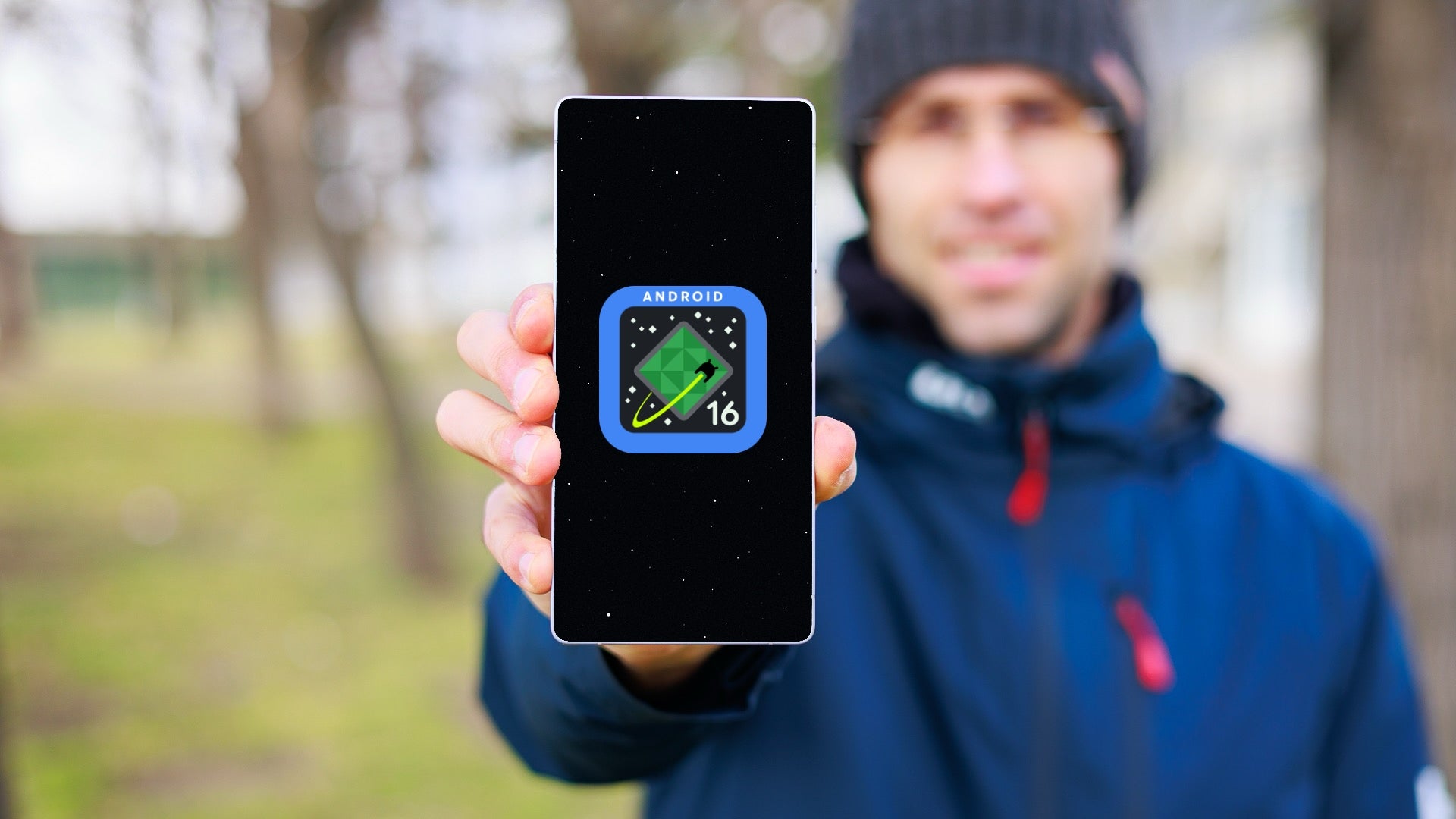


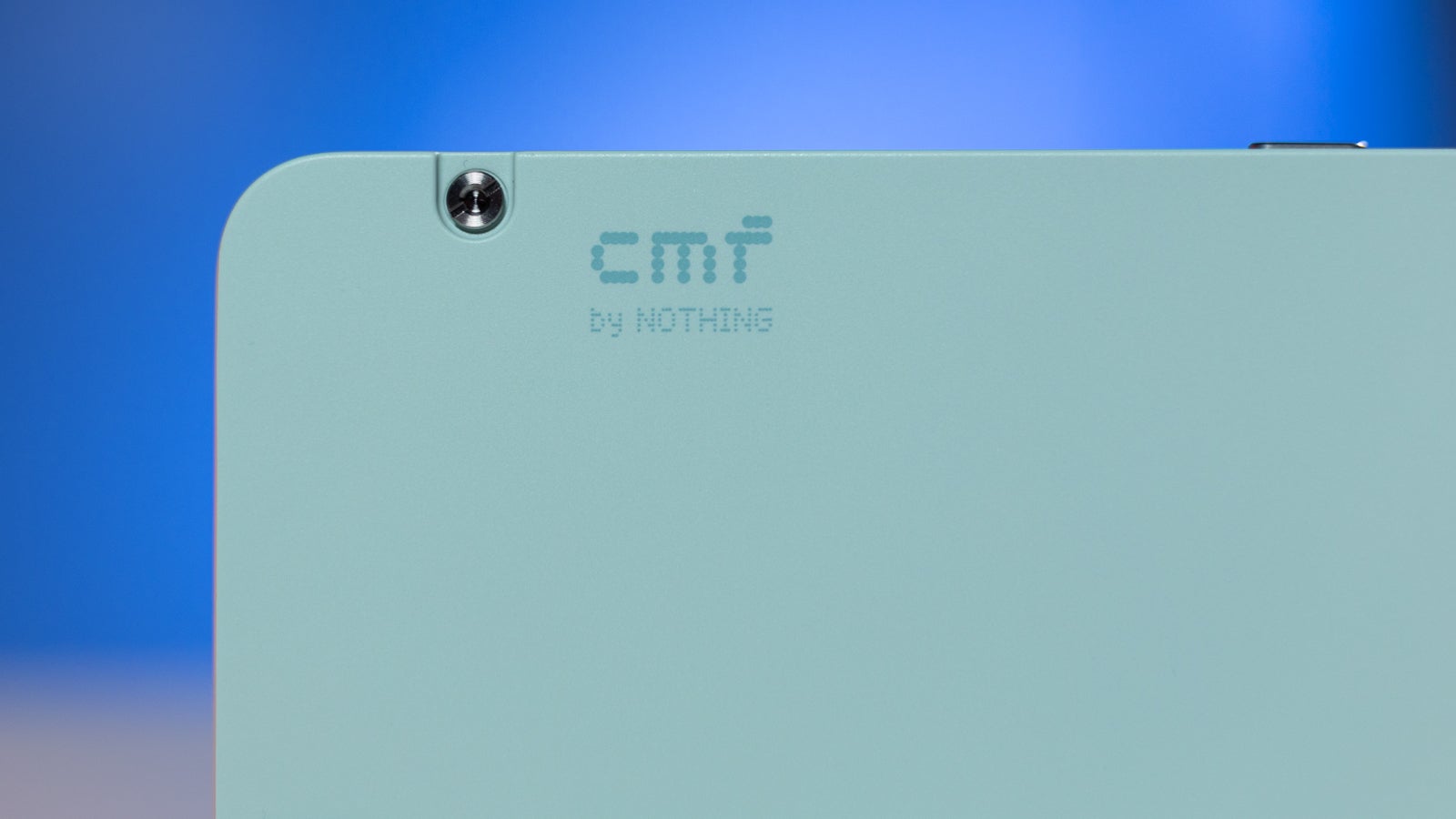

































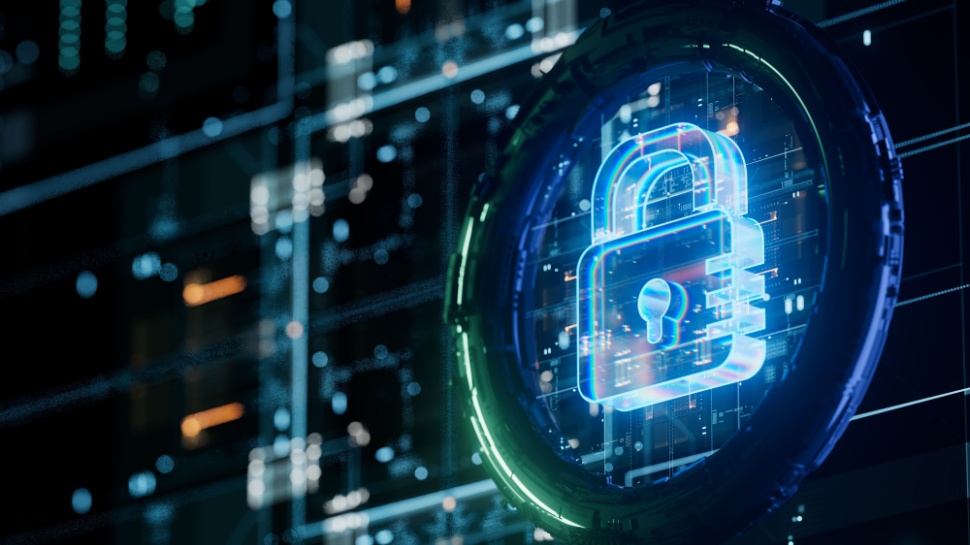










![Apple Slips to Fifth in China's Smartphone Market with 9% Decline [Report]](https://www.iclarified.com/images/news/97065/97065/97065-640.jpg)
![EU Postpones Apple App Store Fines Amid Tariff Negotiations [Report]](https://www.iclarified.com/images/news/97068/97068/97068-640.jpg)

![New Beats USB-C Charging Cables Now Available on Amazon [Video]](https://www.iclarified.com/images/news/97060/97060/97060-640.jpg)













![Beats showcases Android in ad for ‘universally compatible’ cables that Apple was forced to support [Video]](https://i0.wp.com/9to5google.com/wp-content/uploads/sites/4/2025/04/beats-cables-4.jpg?resize=1200%2C628&quality=82&strip=all&ssl=1)






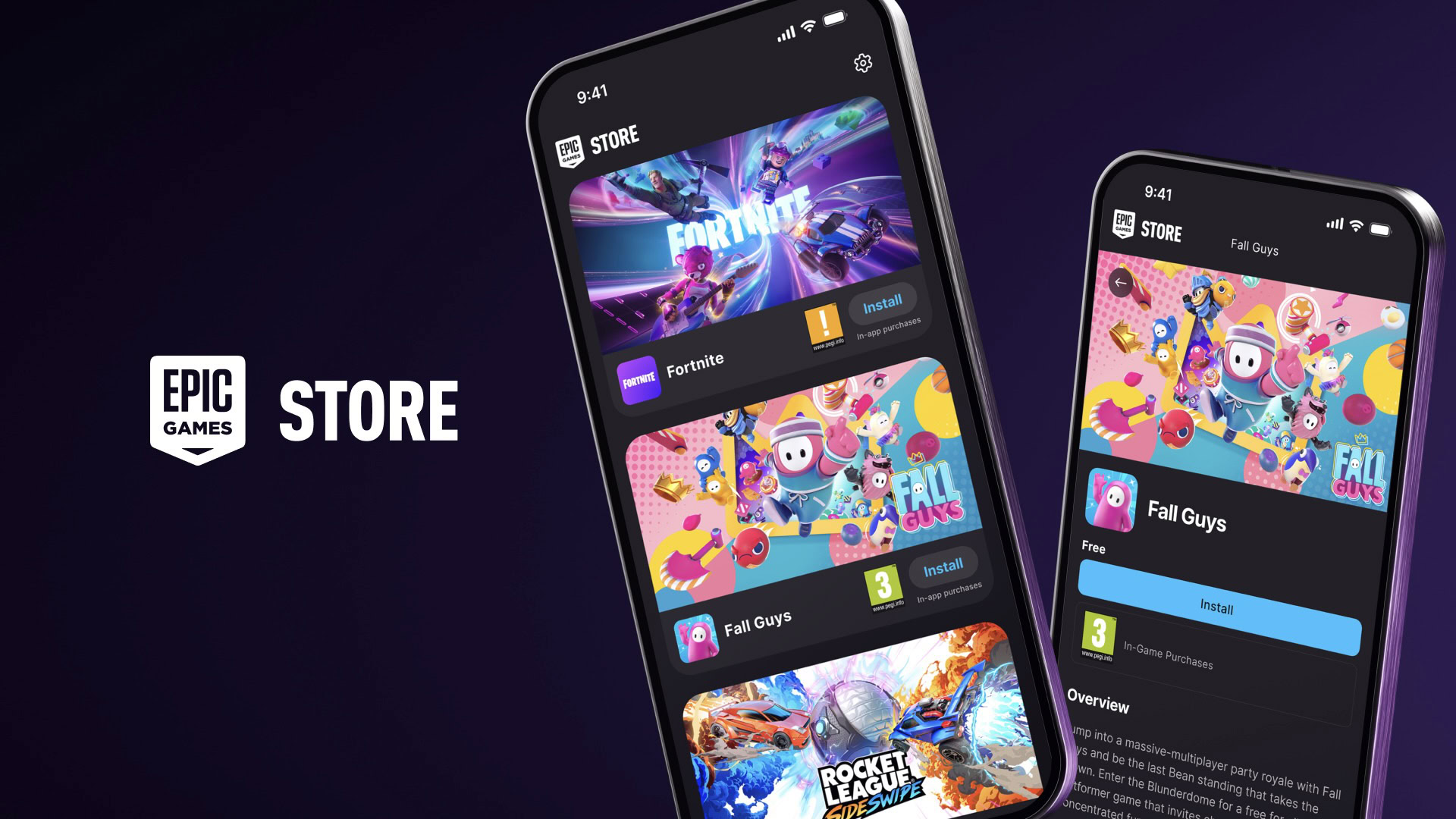




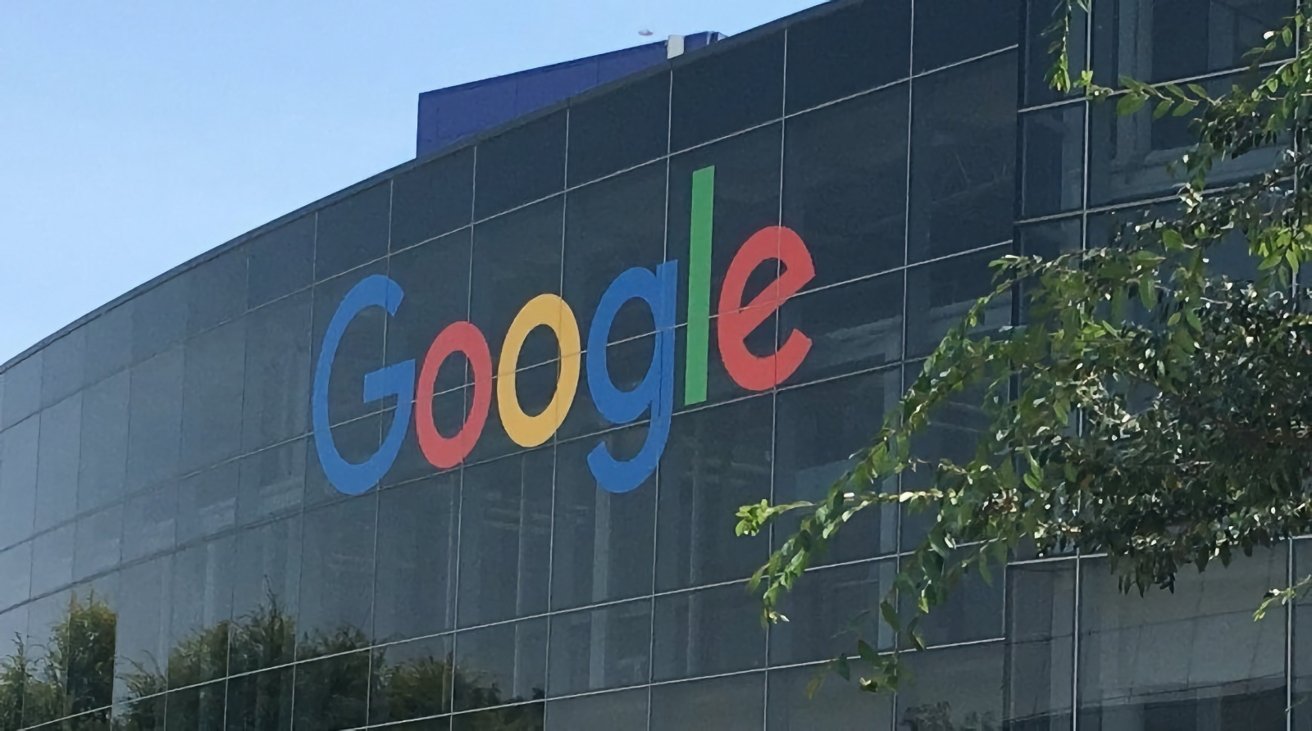

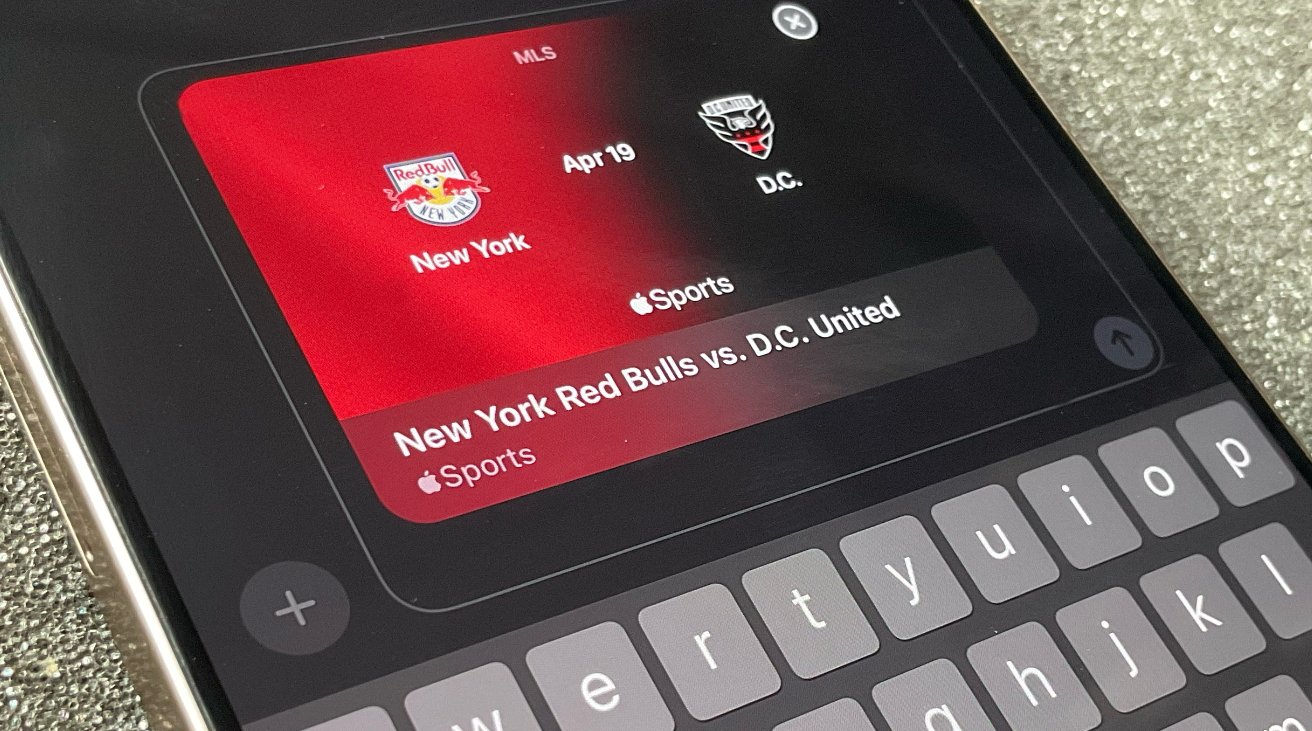





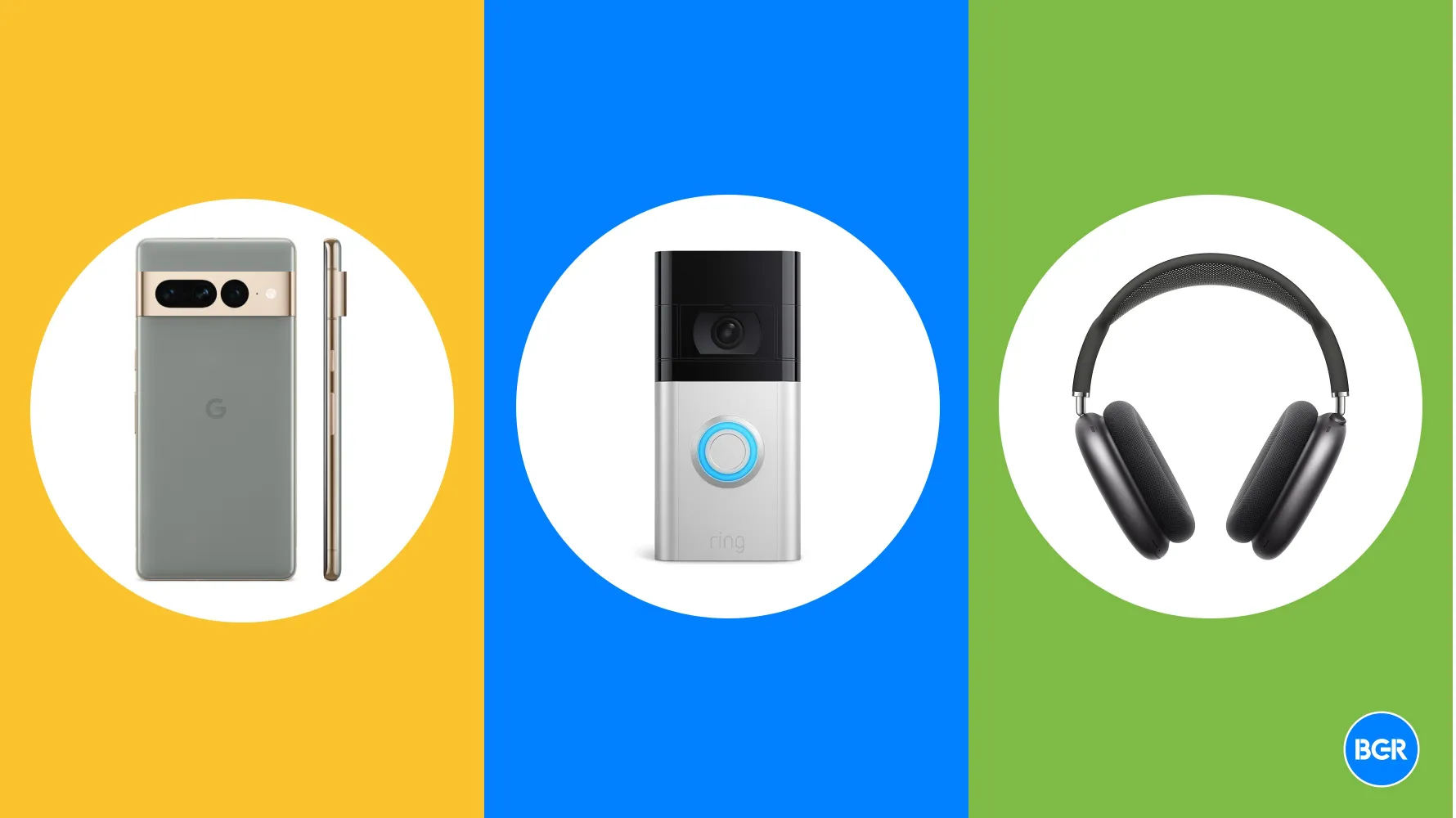
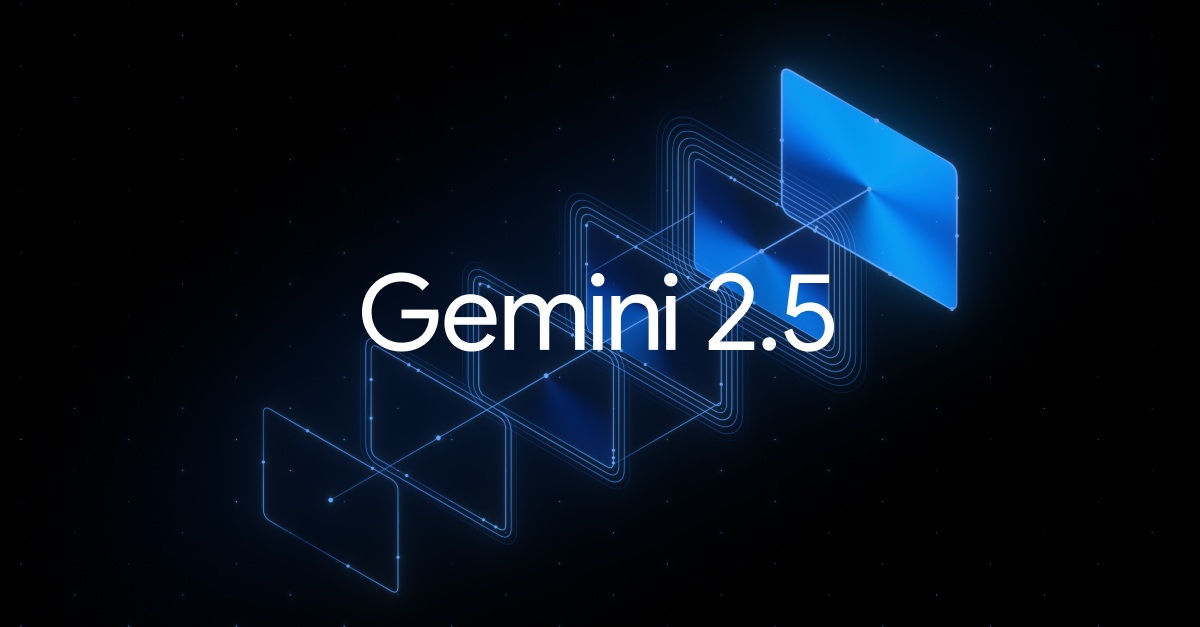



















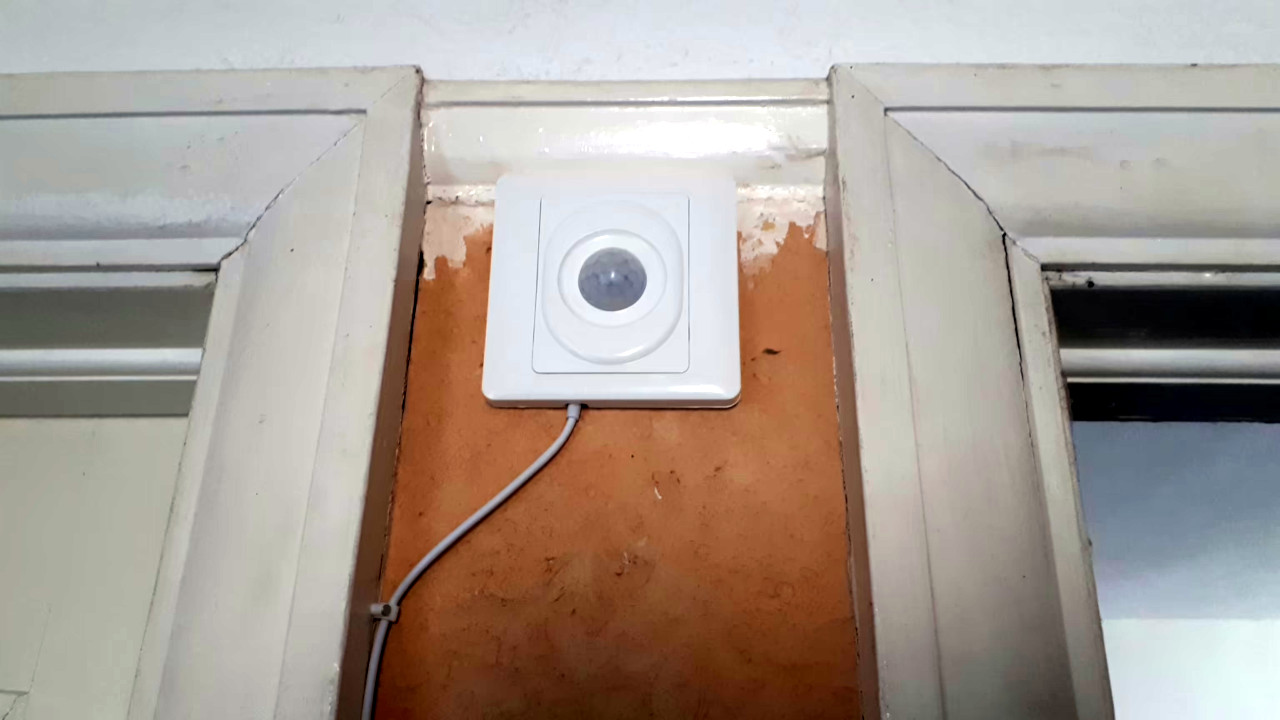









































































































































![[The AI Show Episode 144]: ChatGPT’s New Memory, Shopify CEO’s Leaked “AI First” Memo, Google Cloud Next Releases, o3 and o4-mini Coming Soon & Llama 4’s Rocky Launch](https://www.marketingaiinstitute.com/hubfs/ep%20144%20cover.png)



































































































